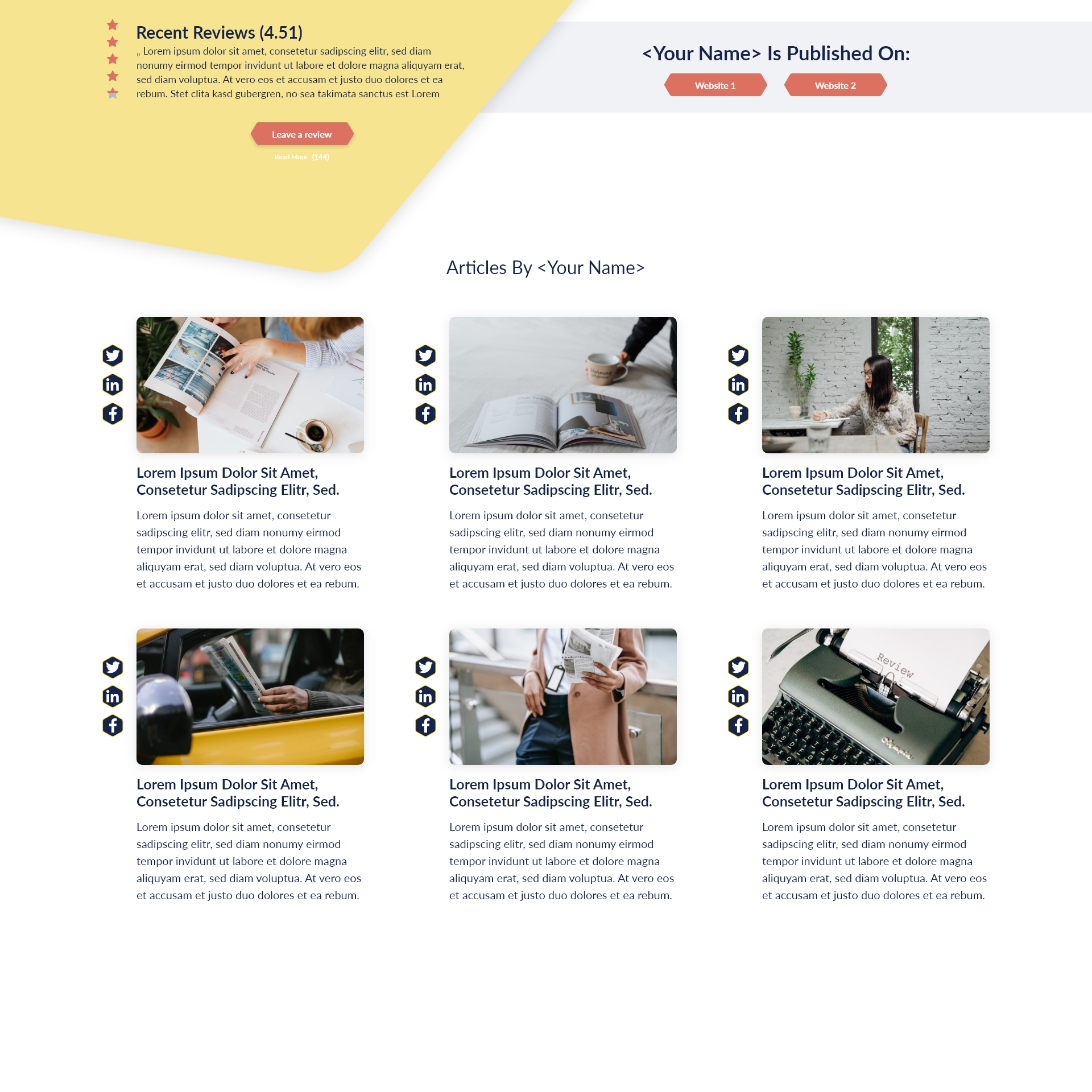Do you know there is a broad difference between listening and learning? But learning to listen carefully and attentively is a crucial life skill. The ability to listen carefully significantly impacts how well you do in your career and get along with others. A common way to achieve critical learning is by actively listening by:
- Focusing and listening with understanding.
- Getting pleasure when listening.
- Acquiring knowledge during listening.
We could all stand to get better at listening. Developing listening skills can boost your output and capacity to persuade, negotiate, and influence others. In addition, disagreements and misunderstandings can be avoided. It’s impossible to succeed in the workplace without a good sense of listening and learning. To achieve this, you have to:
Actively Listen
Active listening is an effective strategy for enhancing one’s listening abilities. When you actively listen, you focus on understanding the words being spoken and the whole meaning behind them.
Pay Attention
The key to success here is paying close attention to the other person. While the other person is talking, you must pay attention to them and not your surroundings. Also, you should not be focused on trying to think of a rebuttal.
Additionally, it would help if you did not let boredom cause you to lose interest in what the other person is saying. Get the information you need by responding to the speaker and keeping them talking.
To keep connected, you may ask questions or comment to review what has been said to show that you are listening and absorbing his content. In addition, gestures and facial communication may go a long way.
Developing Your Listening Skills
The following are five of the essential active listening strategies that will enable you to become a better listener:
1. Give your attention
Give the person speaking your full attention and show that you heard them. Understand that body language can convey just as much information.
- Keep your eyes on the person talking to you.
- Put aside any irrelevant ideas.
- Don’t go over possible responses in your head.
- Don’t let other stimuli pull your focus away.
- Study the speaker’s nonverbal cues.
2. Make it clear that you’re paying attention
Show your interest with your gestures and body language. Just nod your head every once in a while.
- Don’t be afraid to show some emotion on your face.
- Always maintain a welcoming and engaged stance.
- Verbal nods and affirmations like “yeah” and “ok” will encourage the speaker to keep on.
3. Give feedback
What we hear may be distorted by our filters, presumptions, judgments, and beliefs. It is your responsibility as a listener to comprehend what is being said. Consider what is being said and pose inquiries to accomplish this.
- Repeat what the speaker had said.
- To further explain some issues, ask questions.
- Recap the speaker’s points from time to time.
- Ask questions to gain further clarification.
4. Restrain your judgment for the time being
It’s inefficient to interrupt someone. It’s annoying for the speaker to hinder everyone’s ability to grasp the message. Ensure you do not:
- Interrupt the speaker in the middle of a thought; wait for him to finish before asking questions.
- Interject with rebuttals.
5. Respond appropriately
The goal of active listening is to increase mutual regard and comprehension. If you want to contribute something, don’t attack the speaker or put her down, instead:
- Provide an answer that is open, honest, and sincere.
- Put forth your thoughts in a polite manner.
- Treat other people in a way that you believe they would want.
If all of these tips are put to play, your listening ability will skyrocket into becoming a better learner. In turn, it benefits your career.
Contact Information:
Email: [email protected]
Phone: 6024139544
Bio:
Molly Raymond is a 41 year old entrepreneur who has built a reputation as a successful businesswoman and environmental advocate. Over the years, she has launched numerous ventures across a range of industries, each with a unique focus and purpose.
Molly’s passion for environmental causes has been a driving force in much of her work. She is particularly dedicated to ocean conservation and clean-up efforts, and has launched several ventures aimed at supporting these initiatives.
Despite her busy schedule, Molly is also committed to giving back to her community. She is actively involved in several local charities and organizations, and regularly donates her time and resources to support their causes.








